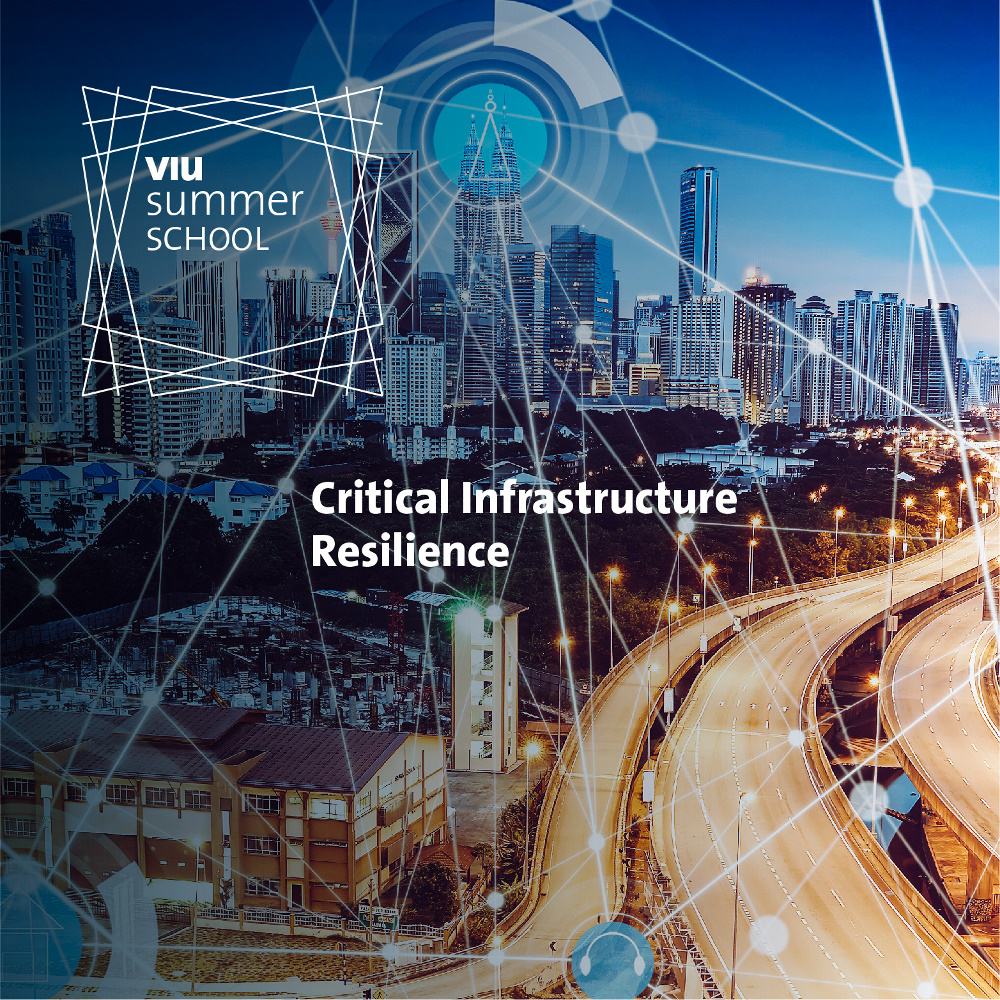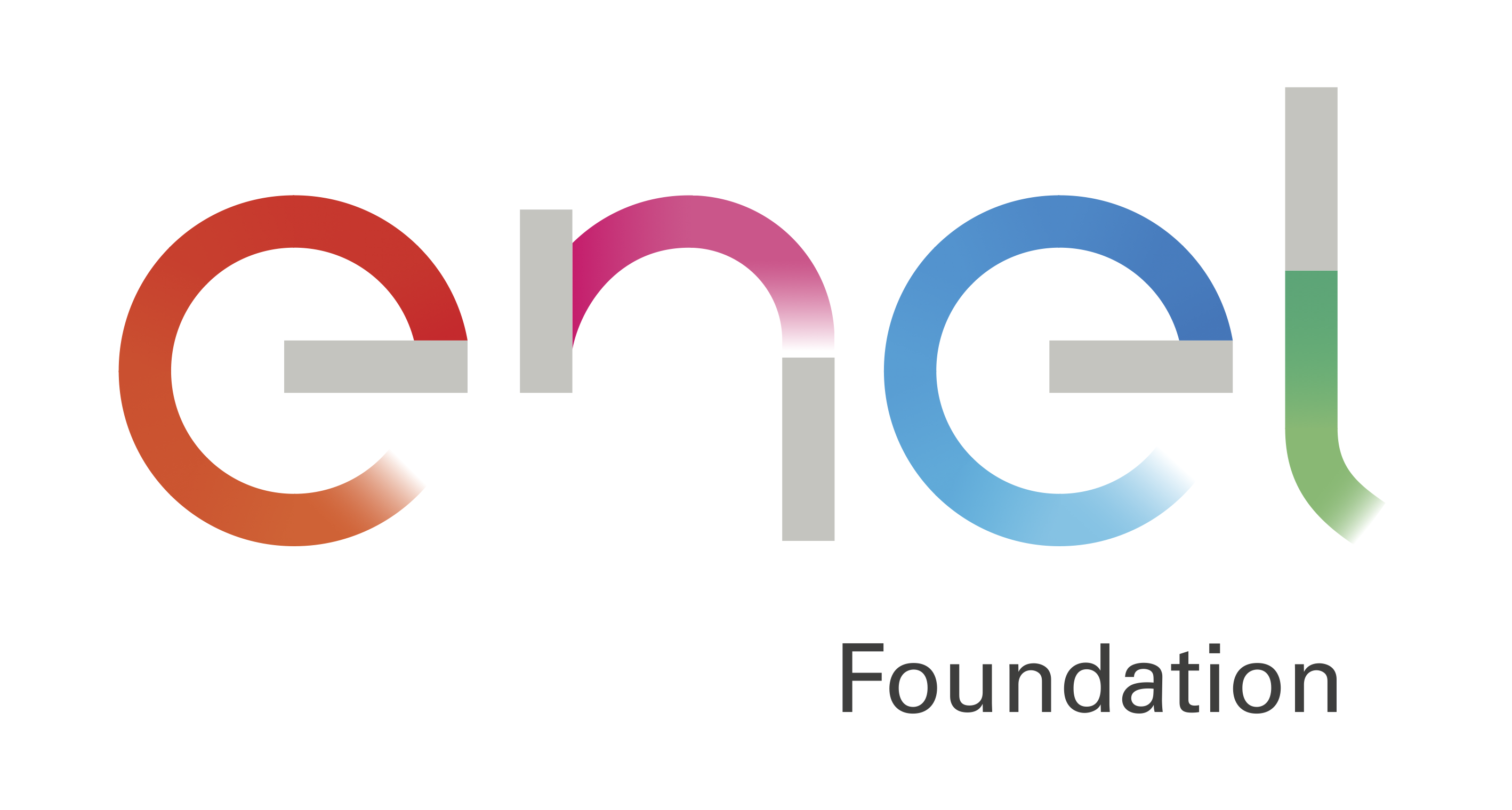The summer school will not be offered in 2023.
Our societies and the systems we depend on are under increasing pressure. This course aims to offer concrete solutions on decision-making to manage crises and build resilience within our systems. As managers or employees of public & private organizations, as academics working on this topic, we often struggle with the uncertainty associated with crises and how to prioritize our decisions. Covid-19, forest fires and floods, the war have impacted us directly or indirectly. The broad span of these events allows us to differentiate and compare various resilience strategies deployed by governments and businesses. And to see which strategies performed better.
The summer school on Critical Infrastructure Resilience (CIR), led by the University of Rome Tor Vergata, offers a pragmatic framework and shares tactical tools used by governments and businesses. The framework reflects both national laws and the International Standard Organization guidelines and is accessible, impact oriented, and pragmatic.
The course combines classical approaches used in disaster risk management, critical infrastructure management and climate change adaptation. The added value of merging several perspectives is that it allows for a better understanding of resilience strategies and options, such as whether to go back to the old normal or move forward and establish a new normal. Most often than not, resilience strategies are successful when they work for the whole sector/system in which they operate. For this, they need to understand the connectivity and the complexity of the system they are working with and identify the nods, the pressure points from where to gain leverage.
The course consists of a mix of theoretical knowledge, case studies/projects and hands-on exercises. This course will discuss the concept of CI and aims to provide the participants with (i) a clear understanding of the framework and tactical tools, (ii) a series of existing decision-making tools used by public entities, businesses and international organizations, and (iii) peer learning from participant’s experiences.
Faculty contributing to the program
Erdem Ergin, Tor Vergata University of Rome (Coordinator)
Carlo Giupponi, Università Ca’ Foscari Venezia
Jonas Johansson, Lund University
Carlo Papa, Enel Foundation
Alessio Marcelli, e-distribuzione
Federico Carturan, RiskApp
Albert Chen, University of Exeter
Stefano Salata, Izmir Institute of Technology
Course outline
M1 – Resilience framework and CI concept
M2 – Solution 1 – Prepare a scenario
M3 – Impacts & ranking criticality
M4 – Hazard impact on CI and services
M5 – Solution 2 – Crisis management timeline
M6 – Network resilience across the energy infrastructure
M7 – Decision-making under uncertainty
M8 – Cascading impact evaluation
M9 – Link between ecosystem services and CI
M10 – Solution 3 – Recovery strategy
Target
Professionals, officials and graduate students already working on the topic or thinking their work may benefit from it. Ability to read and write fluently in English is a must.
Credits
ECTS equivalence: 2























